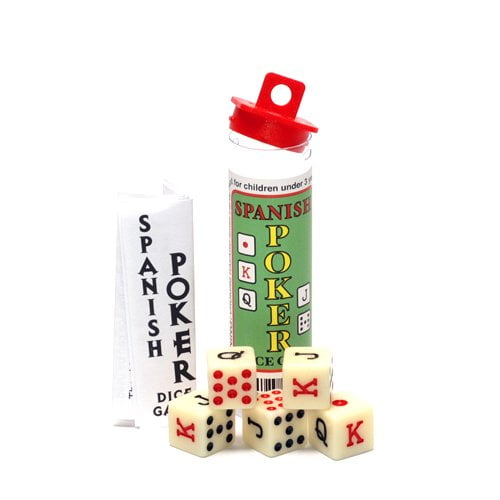

The two operators that currently are authorised to offer lottery games in Spain are: In Spain, the development of lottery games has been expressly reserved to two operators in the Gambling Act, one of them being a state-owned company. When it comes to fantasy games and e-sports games, it should be noted that those are not specifically regulated in Spain. In addition, lottery games (and as described in more detail) are an oligopoly in Spain, and currently only two operators (being one of them a state company) hold the corresponding licence. The regulatory framework and licence or authorisation regime applicable to the above products varies depending on whether they are offered remotely or land-based. In Spain, betting products, poker, casino games (such as blackjack, roulette, baccarat or bingo) and lotteries are, in general terms, permitted, although subject to prior licence or authorisation. A bet is defined, whatever its type may be, as that gaming activity in which amounts of money are risked on the outcome of a predetermined event, the outcome of which is uncertain and outside the participants' control, the amount of the prize given being determined as a function of the amounts risked or other factors previously established in the regulation of the specific type of bet.

Lotteries shall be marketed in tickets, slips or any other form of participation by material, computer, telematic, telephonic or interactive means. Lotteries are defined as gaming activities in which prizes are awarded in cases where the number or combination of numbers or signs, expressed in the ticket, slip or electronic equivalent, agree in whole or in part with what is decided by a sweepstake or event held at a predetermined date or in a prior program, in the case of instant or pre-drawn games. The scope of application of the Gambling Act excludes the following: (1) games or competitions played purely for fun, as a hobby or for recreational purposes, that constitute social uses, as long as they do not imply the payment of a prize and when they do not represent financial profit for the promoter or operators of any type and (2) promotional draws with advertising or promotional aims.įurthermore, 'lotteries' and 'betting' are defined in Article 3, Sections (b) and (c) of the Gambling Act as follows: b) Lotteries. Therefore, the existence or absence of these three elements (participation fee, chance and prize) will determine whether a certain activity should be considered as a gambling activity (subject to obtaining prior authorisation or licence) or a pure 'gaming activity', which in most of the cases would not be subject to a prior licence or authorisation. 13/2011, dated on gaming activities (the Gambling Act) a 'gambling activity', which consequently is subject to the provisions and requirements set forth in the Gambling Act, is understood to mean any activity that involves risking sums of money or economically assessable objects on future and uncertain results that depend to some degree on chance, and that grant prizes in cash or in kind. RulesĪ player can stop rolling after their first or second roll if wanted.Ī player can re-roll a previously kept dice if wanted.According to the Spanish Act No. The winner of the round will then win the pot of chips. When playing with poker chips, each player will make an ante at the beginning of a round to form a pot of chips. The game can be played with poker chips if wanted. WinningĪfter each player in the game has had a turn to roll the dice, the player with the highest ranking poker hand wins. The dice then move clockwise left to the next player to roll the dice. After the second roll, the player can take a third and final roll. The player can take a second roll and again decide the dice to keep, and the dice to roll again. The player then decides the dice to keep and the dice to roll again. The game begins with a player rolling all five dice. Poker hands are ranked with the highest being a In a round, each player will get up to three rolls to form the best poker hand possible. The object of the game is to roll the highest ranking poker hand among all players during a round. If playing with poker dice (regular dice):

Each side of the dice represents a different card rank.


 0 kommentar(er)
0 kommentar(er)
